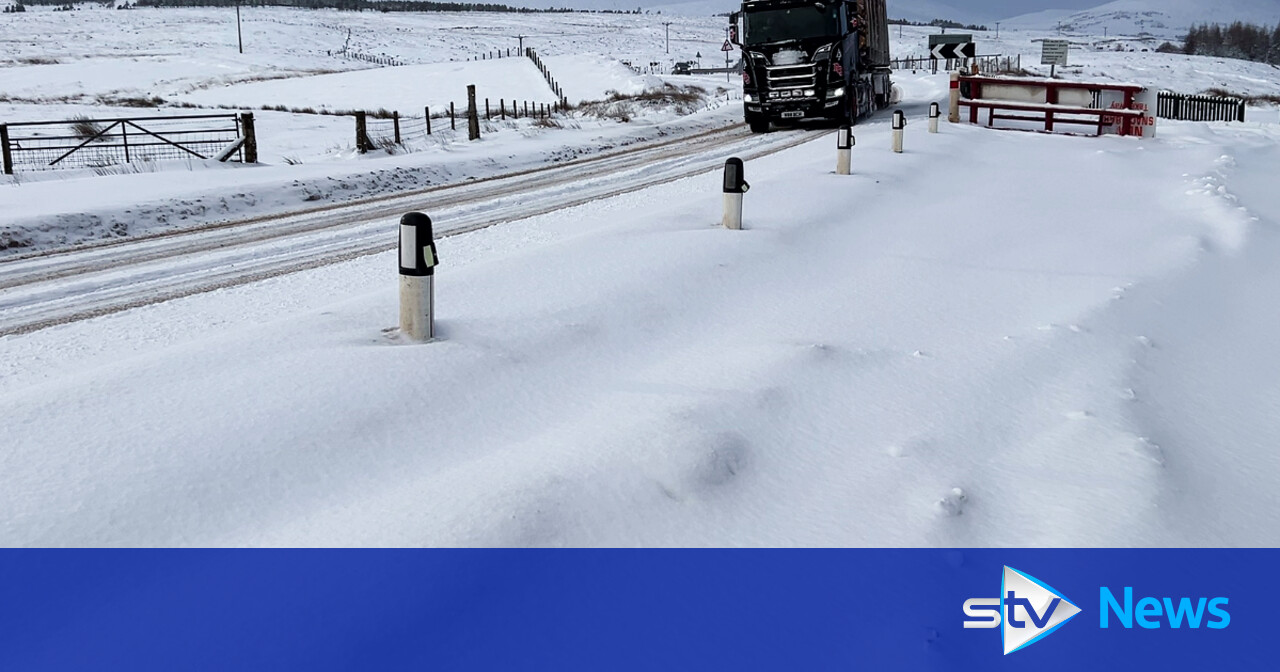World
Devastating mass stranding in Scotland: 77 whales dead

A pod of 77 pilot whales has perished after washing ashore on a beach in Orkney, potentially marking the largest mass stranding in decades.
The British Divers Marine Life Rescue (BDMLR) found that 12 of the animals at Tresness Beach on the island of Sanday were still alive when they came out of the water.
Later, the decision was taken to euthanise them after refloating efforts failed.
The stranded pod consisted of whales of all ages and genders, including males reaching up to seven meters (22ft) in length, alongside females, calves, and juveniles.
Experts said it is too early to identify the cause the stranding, but it seems like one of the whales got into trouble and the rest of the pod tried to help.
The public is being asked to stay away from the area while post mortem is being carried out.
This stranding event could be the largest recorded in Scotland since the Scottish Marine Animal Stranding Scheme’s (SMASS) inception in 1995, although similar incidents have occurred in recent years.
Last year an entire pod of 55 pilot whales died following a stranding on Lewis.
Just 15 of the whales were alive when they were washed ashore. One was successfully re-floated while the others had to be euthanised.
As per the Natural History Museum, the largest UK stranding took place in 1927 when 126 out of more than 130 false killer whales died in the Dornoch Firth in the Highlands.
BDMLR medics from Orkney and Inverness arrived to help in rescue operation, but Neave-Webb’s assessment indicated the whales may have been stranded for an extended period, reducing their chances of survival.”
She described the scene as quite horrible and very emotional.
Although the rescuers tried to keep the whales alive by pouring sea water over them, but the decision was later taken to euthanise them.
Andrew Brownlow of the Scottish Marine Animal Stranding Scheme said mass strandings of this scale are becoming more common in Scotland.
“Earlier it used to be strange to have a mass stranding event, certainly of this size, but now this is very common,” Brownlow was quoted saying by BBC.
“The increase in strandings is a worrying trend. It’s unclear if this is due to a rise in animal populations or new environmental threats,” Brownlow said.
(With inputs from agencies)









